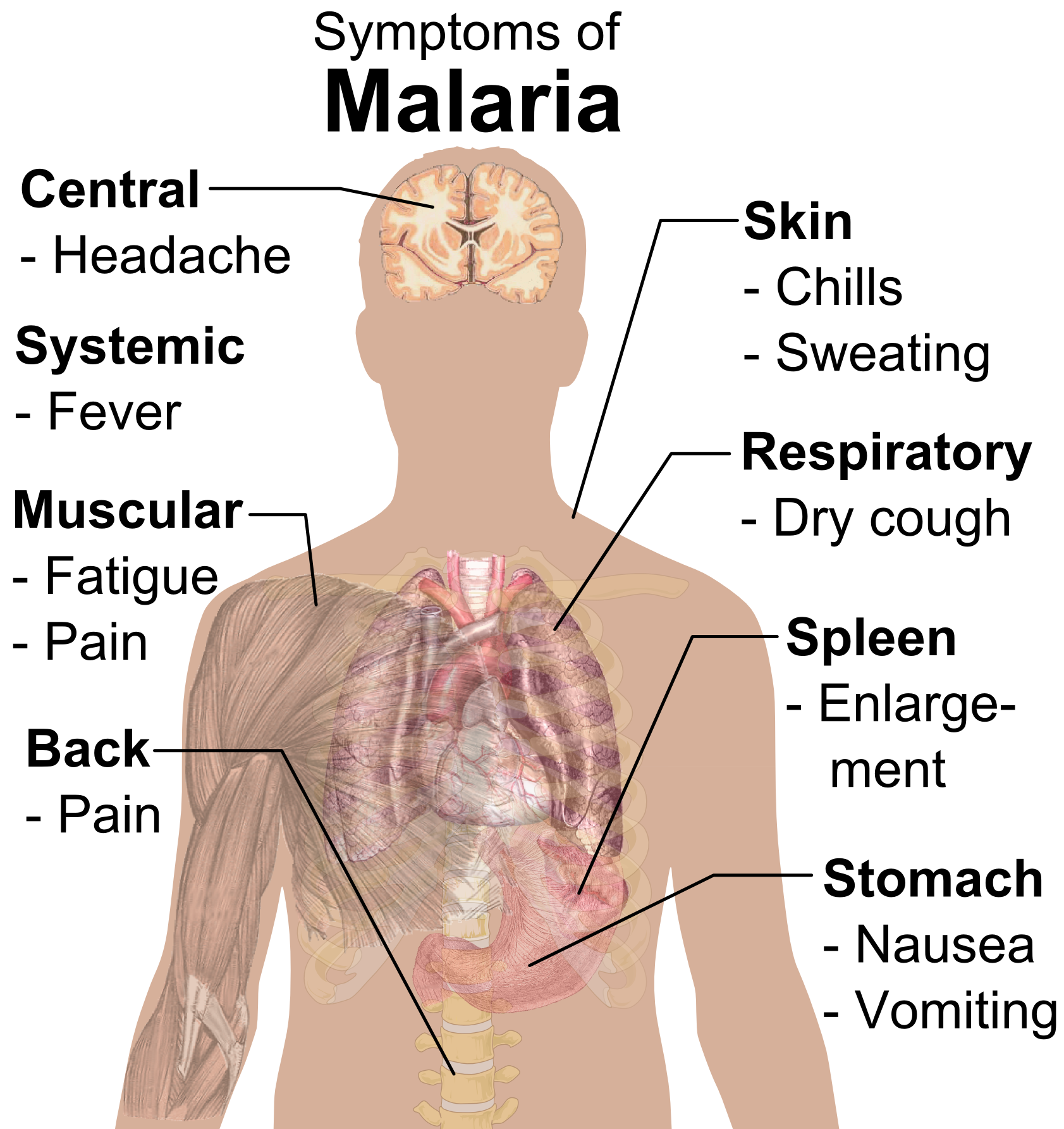🏠 Stay at home! 25% discount on all medicines
Reducing Malaria Parasite Load in Donated Blood
follow us on twitter: @GoAfricaNetwork ,@DocSamuelJones
JAMA
June 21, 2016
In areas where the Plasmodium parasite is endemic, it can be transmitted through blood donated from asymptomatic people. Treating donated whole blood with a pathogen reduction technology that uses a combination of UV radiation and riboflavin (vitamin B2) to inactivate malaria parasites in blood reduces the incidence of transfusion-transmitted malaria, according to a report from investigators from the United Kingdom and Ghana (Allain J-P et al. Lancet. 2016;387:1753-1761).

M. J. Friedrich
All study participants were adult patients from the Komfo Anokye Teaching Hospital in Kumasi, Ghana, with blood group O, Rh positive, requiring transfusions. Researchers randomly assigned 226 of these patients to receive transfusion with either whole blood treated with a pathogen reduction system or whole blood prepared and transfused by local standard practice (untreated). Pretransfusion and posttransfusion blood samples were tested for presence and amount of Plasmodium genes.
Of 65 patients who were not carrying the malaria parasite before the transfusion, 28 received blood treated with the parasite reduction technology and 37 received untreated blood. The incidence of transfusion-transmitted malaria was only 4% (1/28) in patients who received treated parasitemic blood compared with 22% (8/27) in those who received untreated parasitemic blood.